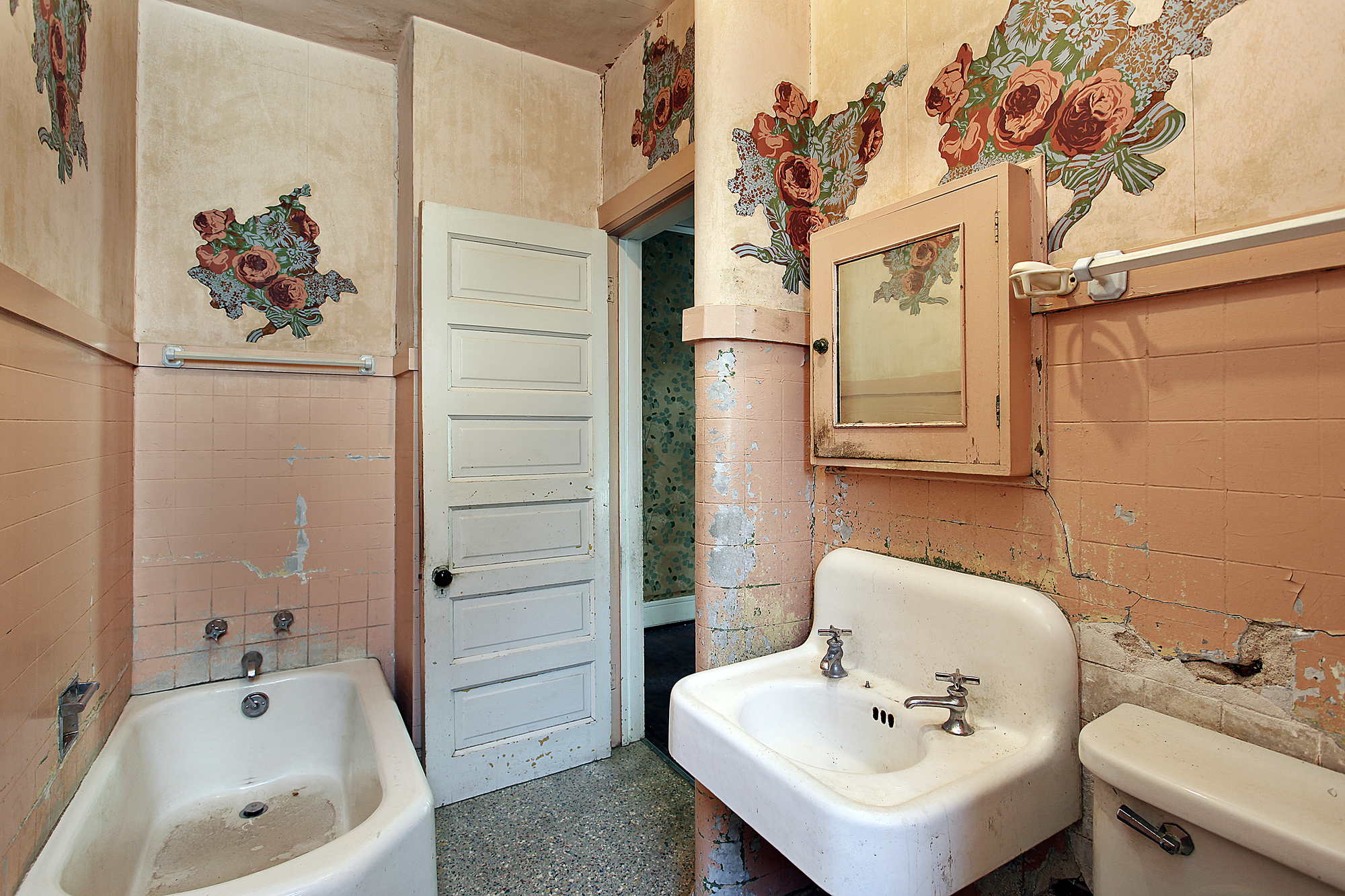Have you been feeling a little stressed out about whether to keep or sell your inherited property in the Chicagoland area? It can be quite upsetting throwing money into a property in order to sell it, especially one that wasn’t yours, to begin with. In our latest blog post, we’ll help you learn more about your selling options when faced with this situation!
Regardless of whether or not you knew about the inheritance, you could be faced with some unexpected and unwanted challenges once the house or building is in your name. Owning a home can be pricey. The bills, the ever-present property taxes, grueling maintenance, and the unexpected repairs and upgrades can come as a shocker. As most real estate investors will tell you, the longer you own it, the more it’s costing you and draining your bank account. Before you make that all important decision about whether to hold onto or sell your inherited property, take a short time to ask yourself a few questions. Learning about your current market and the property in question will better help with your decision. Below, we will offer some tips to help you determine if you should keep or sell your inherited property in Chicago. We’ll also offer some additional insight into the best ways for you to ultimately sell your property.
Three Questions To Ask Yourself
Do you have any use for the property?
Maintaining the property for sentimental reasons is great if that’s what you want to do, but don’t feel as if it’s an obligation for you to keep the property. Only keep the house or land if you truly have a real use for it. There is no sense in holding onto a building that will essentially just sit there doing nothing.
Are there additional owners on the property?
If there are other owners of the property, you will all need to sit down and come to common ground. Come up with some ideas and work together to decide if the property should be kept or sold. If you’re having trouble with someone involved in the situation, consider buying them out as not to cause further disagreement. Keep in mind, it is just a house, and the person who passed it down to you would likely never want to see their gift become a burden.
If you do choose to sell, how much cash can you spend upfront?
If items in the home haven’t been removed yet, that should happen first and foremost. In most cases, listing the property traditionally will come with some upfront costs. You’ll likely need to do some rehab work to the house and have it professionally cleaned. Making repairs to a house you’ve never owned can be kind of tricky. You may not really know what you’re getting into. You don’t want to find yourself sinking into a money pit, spending thousands and thousands on a property you want to sell anyway. Depending on what route you take when selling, you could be responsible for not just repair costs but the cost of marketing too.
Different Ways To Sell Your Inherited Property
List It On The MLS
Listing your inherited property in the Chicagoland area will require you to get the property ready for the MLS. Take a look at what other comparable homes in a one-mile radius are selling for, and how your property measures up to those. Be realistic with your prices, and don’t spend too much over-improving or over-working yourself. When you list an inherited home, you may feel frustrated to suddenly have to spend money selling a house that wasn’t yours.
Sell Your Inherited Property On Your Own
Selling the house using an FSBO (for sale by owner) listing will save you on the realtor’s commission, but you will still need to pay for cleaning repairs, marketing, and other costs associated with selling. More often than not, selling on your own to a retail buyer will take longer and ultimately put less in your pocket.
Sell To A Qualified Investor
When you sell your inherited property to us over at Global Abundance LLC, you won’t need to spend a penny out of pocket. Nor will you have to pay expensive commissions, agent fees, or administrative costs. By selling the property directly, you’ll be able to quickly receive the cash you want and need while moving on from the house without spending months making repairs and waiting for the property to finally sell.

